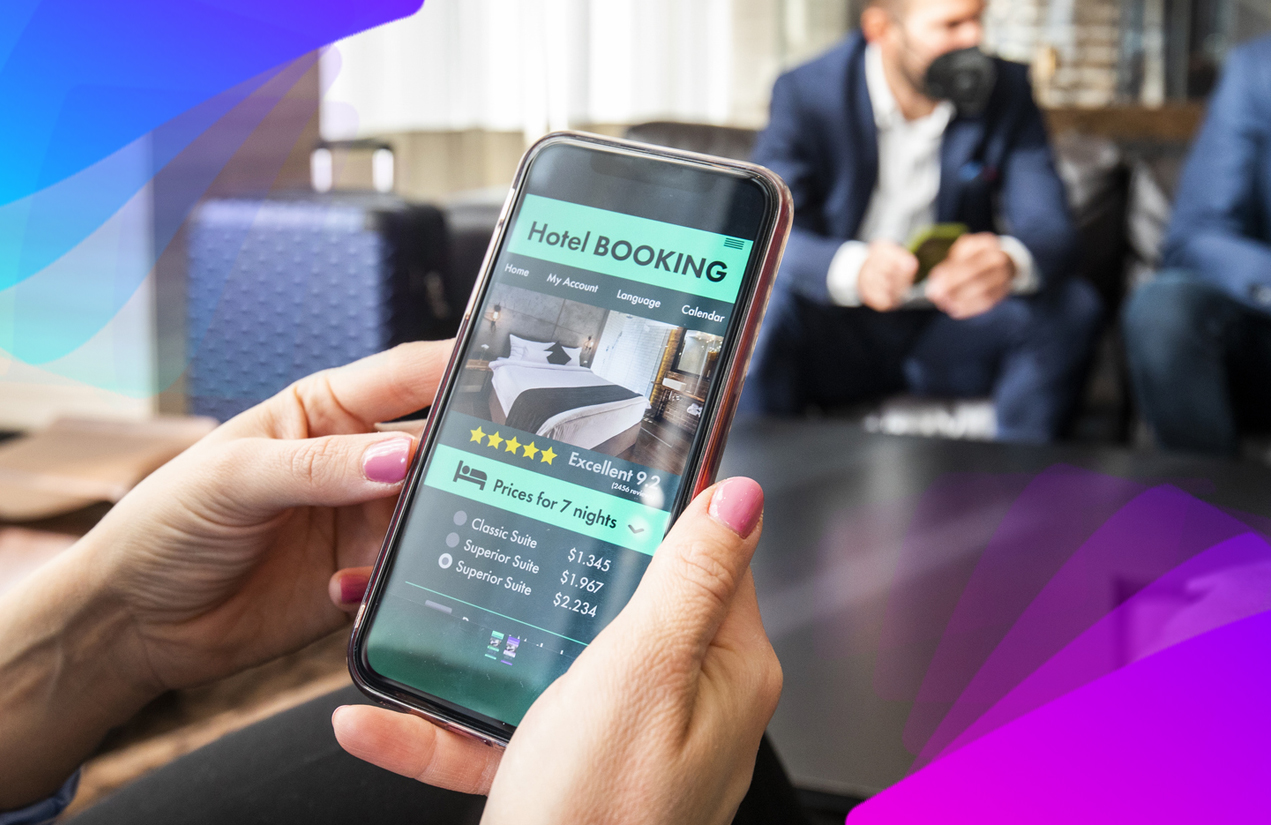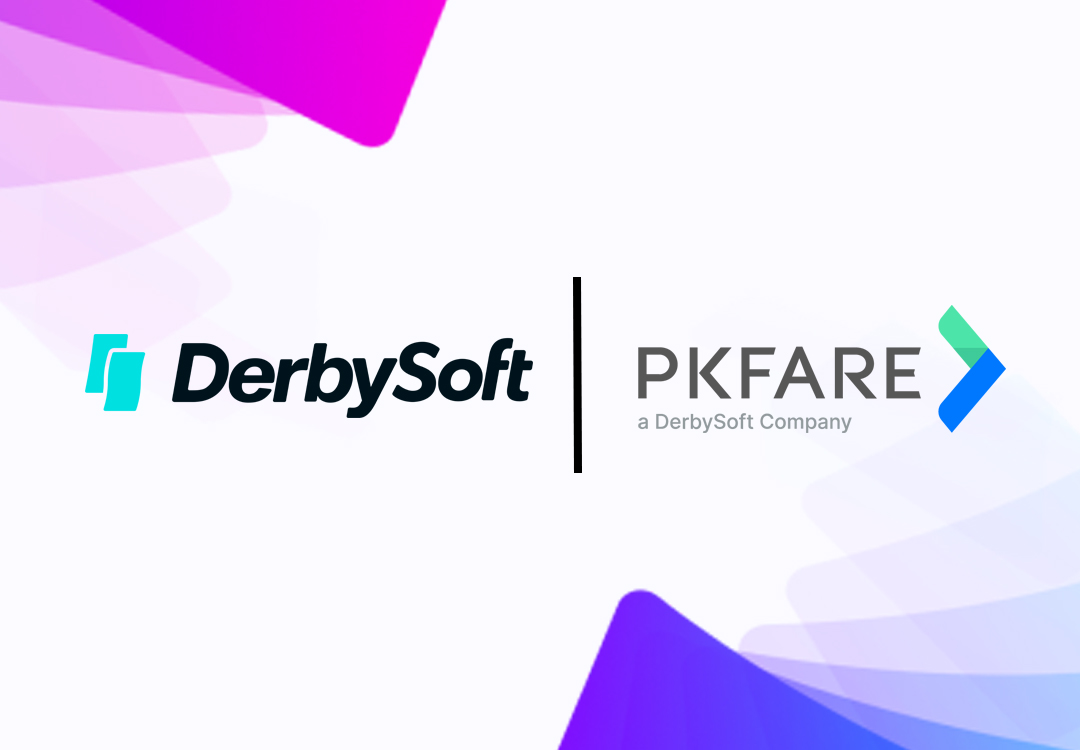In a luxury suite overlooking Hong Kong’s vibrant skyline, a senior banking executive concludes her quarterly board meeting on Thursday afternoon. By Friday morning, she’s exploring local markets with her partner, who flew in specifically for the weekend. Once an exception, this scenario now represents a powerful trend reshaping the travel industry.
The distinction between business and leisure travel isn’t merely blurring—it’s fundamentally transforming. What began as tentative weekend extensions has evolved into strategic trip planning that maximizes both professional obligations and personal experiences.
Industry analysts project that global spending on blended travel will reach $360 billion by 2027, creating unprecedented challenges and opportunities for hotels, Travel Management Companies (TMCs), and corporate travel departments. This isn’t a passing trend but a structural shift in how business travel functions.
Why Bleisure Is Booming Now
The surge in bleisure travel stems from converging forces that make this moment particularly significant:
Demographic transformation is accelerating this shift. By 2030, Millennials and Gen Z will comprise 75% of the global workforce. These professionals approach travel differently than previous generations, viewing it as an opportunity for enrichment rather than simply a work requirement.
Remote work capabilities have permanently altered how professionals think about location and travel. When teams already collaborate across time zones, extending a business trip becomes logistically simpler and professionally justifiable.
For companies, the benefits extend far beyond employee satisfaction. Organizations embracing bleisure travel report measurable improvements in talent retention, productivity, and program compliance. Perhaps most surprisingly, well-structured bleisure programs often reduce overall travel costs as employees consolidate multiple business purposes into single trips and travel during optimal periods.
However, a critical consideration for multinational organizations: bleisure adoption varies dramatically by region, requiring nuanced approaches to program design and implementation.
Business travelers from India typically allocate 40% more time to leisure activities during trips than their counterparts from China. European travelers show strong preferences for extending weekend business trips but resist adding leisure days to midweek journeys. North American travelers prioritize destination experiences over accommodations, while Asian travelers place greater emphasis on hotel amenities during leisure extensions.
These regional variations necessitate culturally-attuned frameworks rather than standardized global policies. Organizations implementing regionally-customized bleisure programs consistently achieve adoption rates 30% higher than those applying uniform approaches across markets.
The Business Case for Bleisure
For hospitality providers, the bleisure revolution demands a strategic recalibration of spaces, services, and pricing models.
Forward-thinking hotels are redesigning properties to serve dual purposes. Lobbies transform from formal business centers during daytime hours into vibrant social hubs in the evening. Guest rooms increasingly feature adaptable furniture that transitions easily between workspace and relaxation zone. Fitness facilities offer both efficient workout options for time-pressed executives and immersive wellness experiences for leisure extensions.
Properties that have embraced this flexible design philosophy report significantly higher occupancy rates and superior RevPAR performance compared to hotels maintaining rigid business/leisure distinctions.
The traditional resistance to extending corporate rates for leisure portions of trips creates unnecessary friction in the booking process. Innovative properties are implementing dynamic pricing models that consider total trip value rather than rigidly categorizing days as “business” or “leisure.” Hotels offering these flexible approaches report 23% higher conversion rates for extended stays and 18% increases in ancillary revenue. The competitive advantage is clear and measurable.
Bleisure travelers have distinct needs at different phases of their stay. Leading hospitality providers have developed modular service packages that seamlessly transition between high-touch business support and personalized leisure experiences. Properties offering these adaptable service models consistently outperform competitors on guest satisfaction metrics, with data showing significantly higher loyalty program engagement and repeat bookings among bleisure guests.
For Travel Management Companies, the bleisure revolution represents an opportunity to elevate their strategic importance to corporate clients while expanding service offerings.
The friction point that most frequently derails bleisure adoption is the complexity of separating business and personal expenses. Forward-thinking TMCs have developed sophisticated systems that automatically categorize expenses based on timing, location, and merchant type. These platforms eliminate the administrative burden that historically made bleisure travel impractical at scale, driving higher adoption rates and improved client satisfaction.
Leading TMCs have moved beyond basic booking tools to develop integrated platforms that manage the entire bleisure journey. These systems handle transitions between business and leisure segments while maintaining itinerary continuity, and proactively suggest extension opportunities based on meeting schedules and destination attributes. TMCs implementing these platforms report substantially higher attachment rates for leisure extensions and increased overall booking volumes.
The most effective TMCs have mastered the delicate balance between maintaining corporate policy compliance and accommodating bleisure flexibility. This often involves developing tiered policy frameworks specifically designed for blended travel, establishing clear boundaries while providing appropriate flexibility for leisure components. This structured approach significantly reduces policy exceptions while improving traveler satisfaction—a winning combination for corporate clients.
As trips become more complex, comprehensive support becomes increasingly critical. Progressive TMCs have expanded their service models to address the unique needs of bleisure travelers, offering specialized assistance for leisure components and ensuring seamless transitions between business and personal segments. This enhanced support drives measurable improvements in client retention and program adoption.
TMCs have developed specialized supplier agreements that address bleisure requirements. These partnerships secure preferential rates for extended stays while guaranteeing suppliers the longer average stays and increased ancillary revenue that bleisure travelers typically generate. These arrangements create sustainable value for all parties in the travel ecosystem.
Technology as the Great Enabler
ITechnology is transforming the way hotels and travel management companies facilitate bleisure travel, streamlining operations while enhancing the traveler experience. From automated expense tracking to AI-driven personalization, innovative digital solutions ensure seamless integration of business and leisure travel components.
Advanced expense management platforms simplify financial reporting by distinguishing between corporate and personal expenses, reducing manual errors and administrative overhead. Integrated split-payment solutions further enhance efficiency, allowing travelers to seamlessly manage business and leisure costs within a single transaction. Meanwhile, mobile apps provide real-time itinerary updates, safety alerts, and instant access to support services, ensuring a smooth and connected travel experience.
AI-powered analytics play a crucial role in tailoring bleisure travel offerings, using traveler data to deliver personalized recommendations and predictive insights. Machine learning models anticipate disruptions, optimize pricing strategies, and support dynamic policy adjustments to improve overall efficiency. Blockchain technology enhances security and transparency in transactions, with smart contracts automating payment reconciliation and policy compliance.
Comprehensive travel management systems unify booking, policy enforcement, and traveler support into a single platform, making it easier for travel companies to provide customized, compliant, and efficient bleisure travel solutions. With 24/7 virtual assistance, enhanced communication tools, and robust data protection measures, technology ensures that both travelers and organizations can maximize the benefits of blended business and leisure travel with confidence.
Hotels, TMCs, and corporate clients leveraging these technologies consistently achieve superior program performance compared to those relying on traditional systems and processes.
Takeaways
For executives across the travel ecosystem—whether in hospitality, travel management, or corporate travel programs—the bleisure revolution presents a fundamental choice: embrace this transformation as a strategic opportunity or risk becoming increasingly irrelevant as the market evolves.
The evidence overwhelmingly favors the former approach. Organizations that have strategically positioned for bleisure report stronger performance across all key metrics, from occupancy rates to client retention to traveler satisfaction scores.
The question isn’t whether your organization will adapt to the bleisure revolution—it’s how quickly you’ll recognize it as a strategic advantage rather than an operational challenge. The future belongs to organizations that don’t merely permit bleisure travel, but purposefully design for it—transforming what was once seen as a complex exception into a cornerstone of their business strategy.
About the Author
Duane Overgaard is the Divisional CEO, Hospitality, of DerbySoft. With over 30 years of experience in the hospitality industry, he has a diverse skill set that includes account management, business development, and contract negotiation.

Interested in
Learning More?
Subscribe today to stay informed and get
regular updates from DerbySoft






